California Facial Recognition Bill Under Fire for Civil Rights Concerns
The California facial recognition bill, Assembly Bill 1814, has sparked a heated debate over civil rights. Critics argue that the technology can lead to wrongful arrests and racial bias.
The bill aims to place guardrails on police use of facial recognition, but many say it doesn’t go far enough to protect civil liberties.
The Faces Behind the Fight
Three Black men, Robert Williams, Alonzo Sawyer, and Njeer Parks, have joined the opposition to AB 1814.
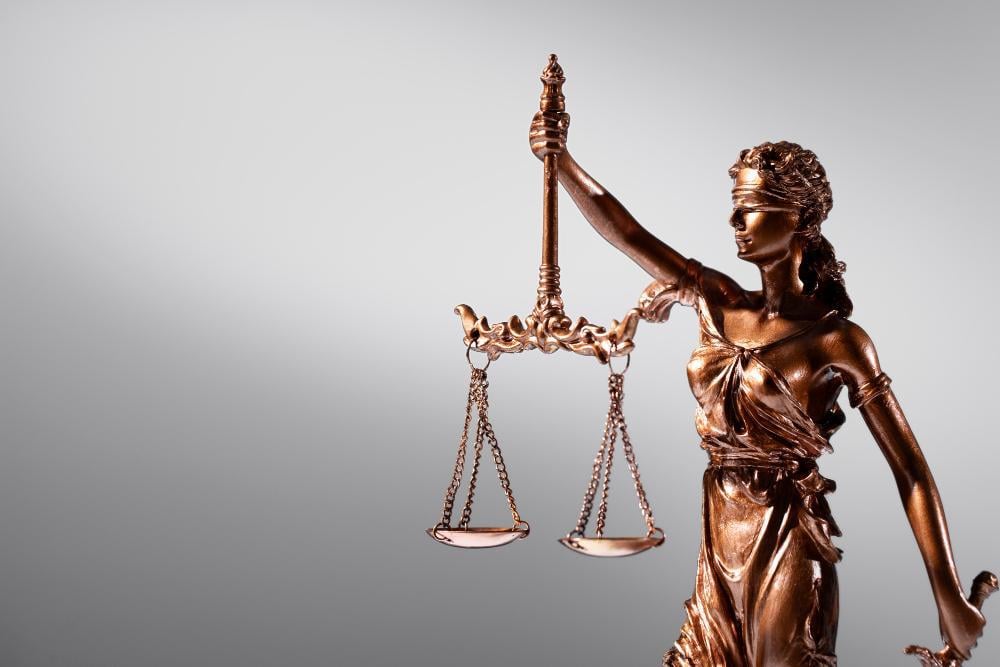
Source: Freepik
Their wrongful arrests, based on facial recognition errors, highlight the technology’s flaws and the severe consequences of its misuse.
Robert Williams' Story
In 2020, Detroit police falsely accused Robert Williams of stealing watches after facial recognition software misidentified him.

Source: Fred Moon/Unsplash
His wrongful arrest in front of his family shows the technology’s potential for racial bias and error.
Alonzo Sawyer's Ordeal
Alonzo Sawyer was wrongly arrested near Baltimore due to a facial recognition error.
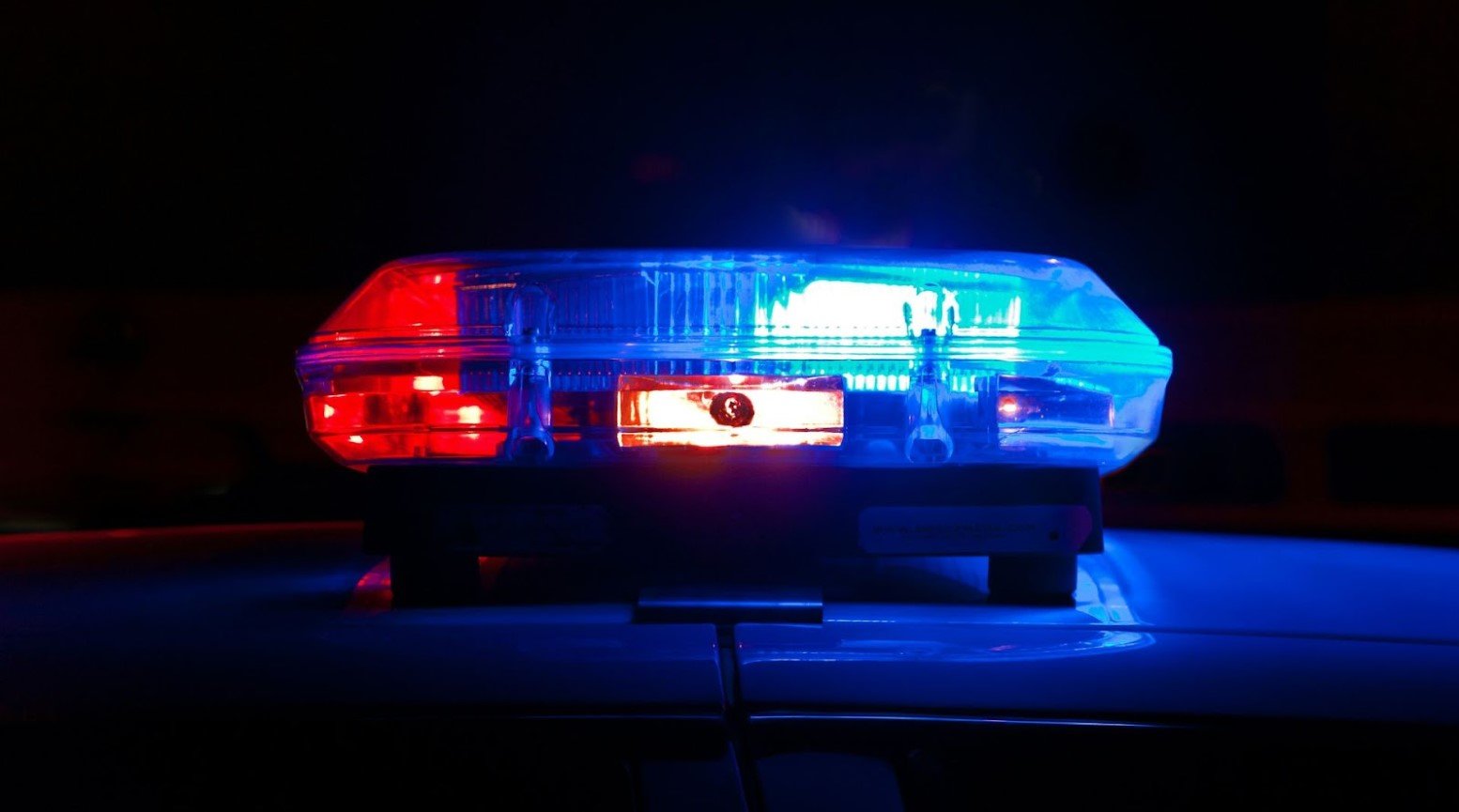
Source: Scott Rodgerson/Unsplash
Despite directives requiring corroborating evidence, the initial misidentification set the investigation on a misguided path, leading to Sawyer spending nine days in jail.
Njeer Parks' Experience
Njeer Parks fought allegations for nearly a year after being falsely accused of theft in New Jersey.
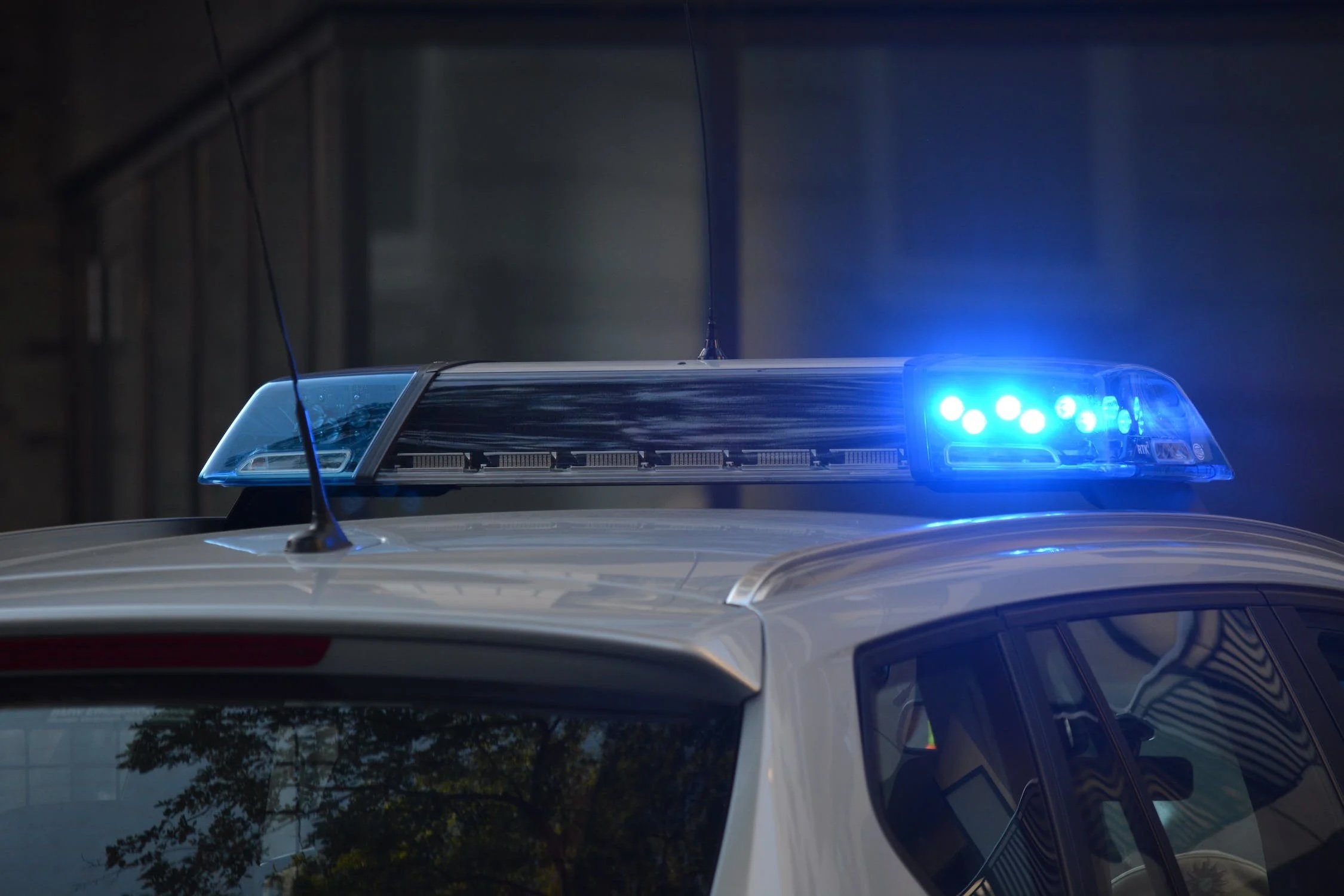
Source: Pexaby/Pexels
A receipt ultimately exonerated him, but his experience shows how facial recognition can lead to severe legal and personal turmoil.
The Legislation's Intent
Assembly Bill 1814 aims to prevent arrests based solely on facial recognition matches.
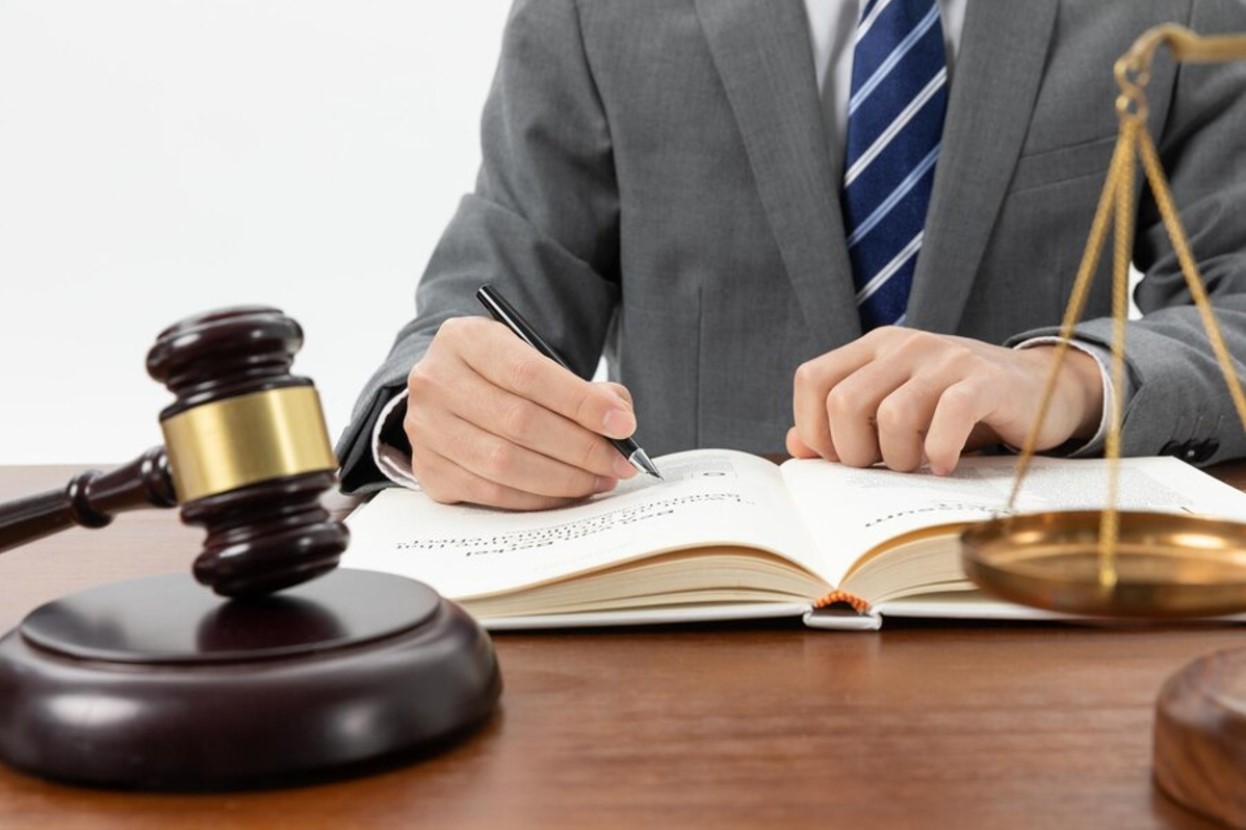
Source: Freepik
It requires corroborating evidence before police can proceed with a search or arrest, hoping to curb wrongful arrests and protect civil rights.
Civil Rights Organizations' Concerns
Over 50 advocacy groups, including the ACLU, argue that AB 1814 doesn’t go far enough.
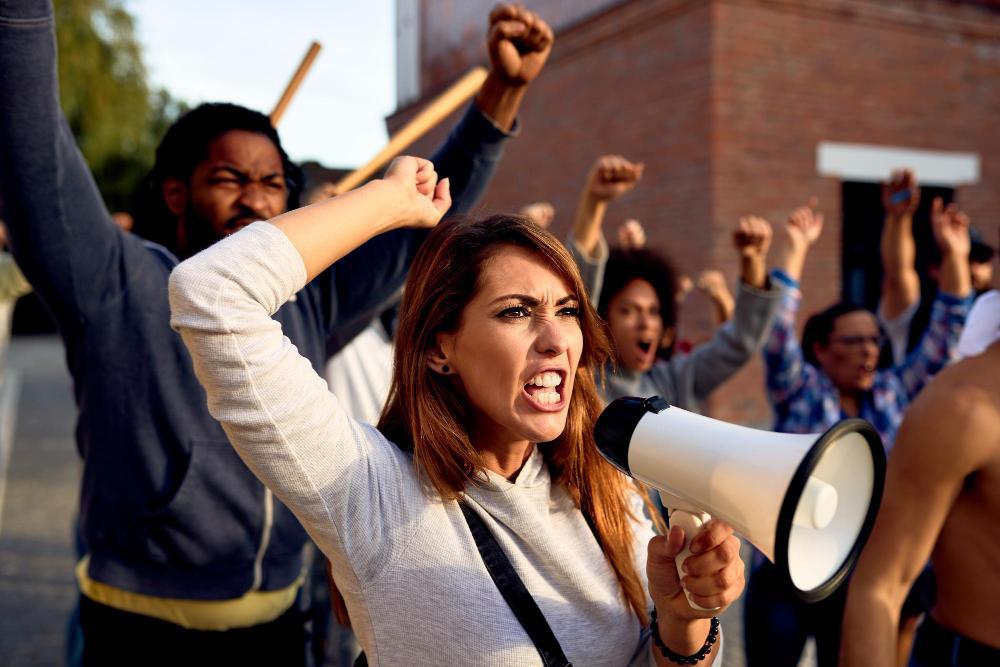
Source: Freepik
They believe the technology is unreliable and biased, posing threats to Black men, protestors, immigrants, and other vulnerable communities.
Law Enforcement's Perspective
Supporters of the bill, like the California Police Chiefs Association, argue that facial recognition can reduce criminal activity and provide actionable leads.
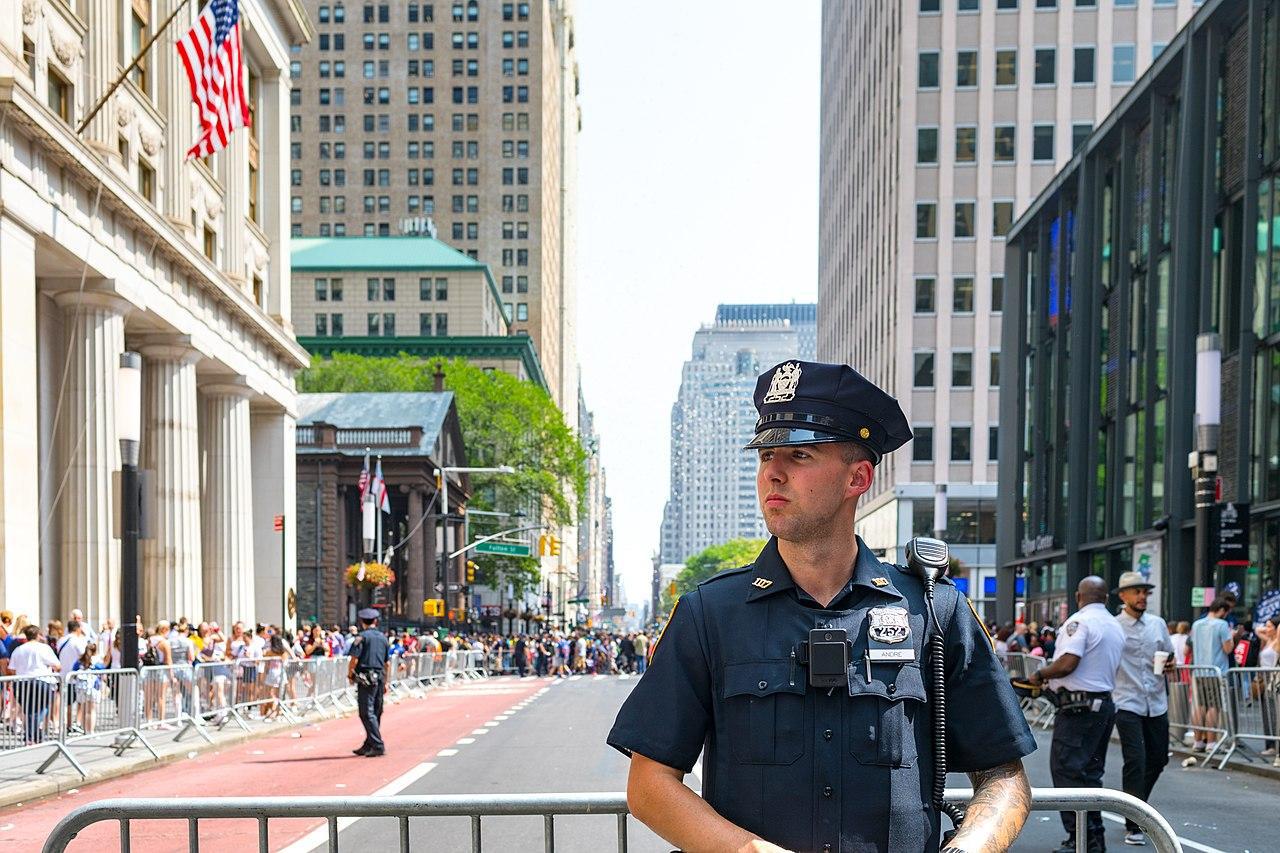
Source: Wikimedia
They emphasize the technology’s potential benefits for public safety, especially during major events like the World Cup and the Olympics.
The Technology's Flaws
Studies show that facial recognition technology is less accurate for people with dark skin, Asian individuals, and other minority groups.

Source: Scott Webb/Unsplash
These inaccuracies can lead to wrongful arrests and civil rights violations, raising concerns about its use in law enforcement.
Legislative and Legal Battles
The state Assembly passed AB 1814 with a 70-0 vote, but it faces a contentious hearing in the Senate Public Safety Committee.
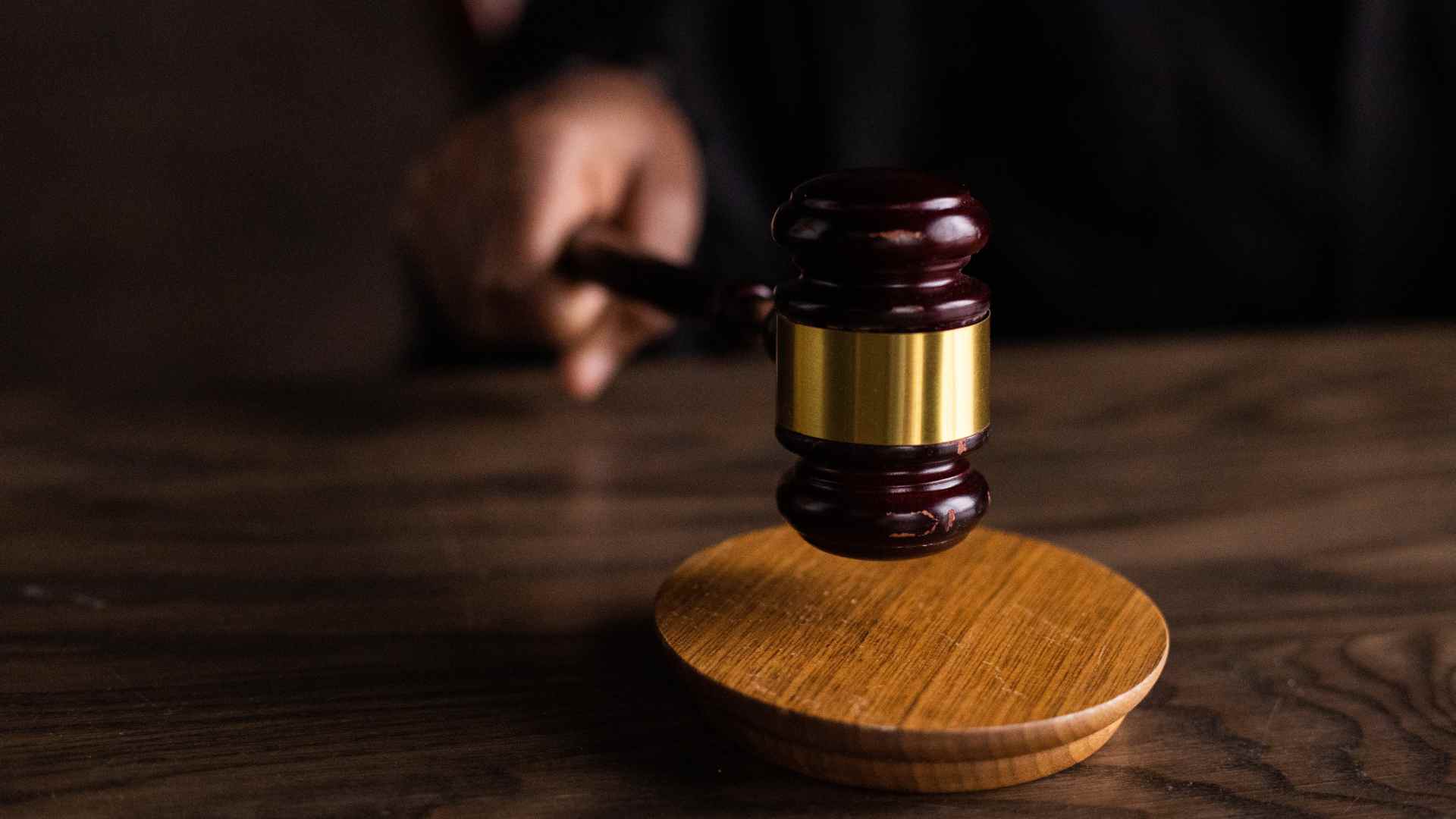
Source: Katrin Bolovtsova/Pexels
Critics, including recalled San Francisco DA Chesa Boudin, argue that the bill doesn’t provide adequate safeguards against misuse.
A Call for Comprehensive Safeguards
Critics and civil rights advocates call for stronger regulations or outright bans on facial recognition in law enforcement.
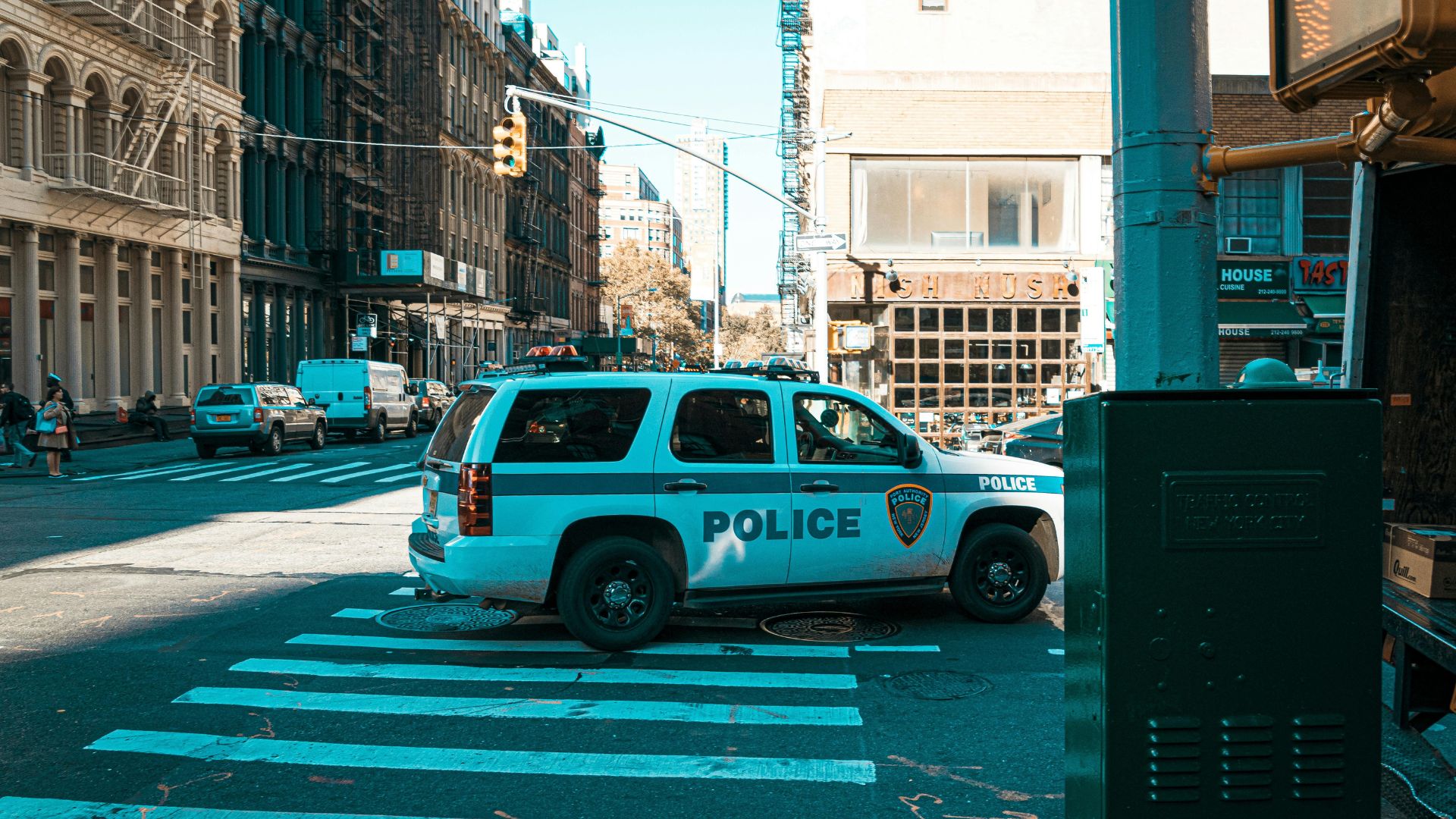
Source: Matthis Volquardsen/Pexels
They emphasize the need for robust safeguards to protect civil liberties and prevent future injustices.
The Path Forward
As California debates AB 1814, the voices of those wrongfully accused highlight the urgent need for careful regulation of facial recognition technology.

Source: Matthis Volquardsen/Pexels
The balance between technological advancement and the protection of fundamental human rights remains a critical issue in this ongoing debate.
